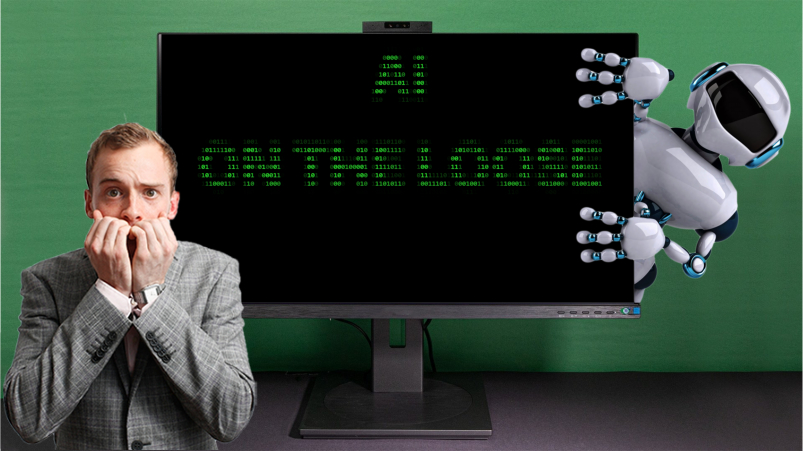The Creative AI: The Pros and Cons of AI in the Field of Arts
Creativity of AI
Artificial intelligence (AI) has been making significant advancements in recent years, and one of its most intriguing applications is in the field of creative arts. AI is increasingly being used to generate art, music, and other creative works, which has led to much debate about the potential of AI to enhance human creativity and the ethical implications of using AI to create original works of art.

AI-Generated Art
AI-generated art has been making headlines in recent years. While some argue that AI-generated art is simply a novelty or gimmick, others believe that it has the potential to enhance human creativity. AI can be used to create works of art that are beyond the capability of human artists, whether it be through complex algorithms that generate new forms or through the use of machine learning to refine and improve existing techniques.
There are concerns that AI-generated art could replace human creativity altogether. Some worry that the rise of AI-generated art could lead to a world where there is no longer a need for human artists, or where creativity is reduced to some keystrokes on the keyboard followed by a click on the mouse. Also, there is a question, whether AI-generated art can truly be considered "art" in the traditional sense, or if it is simply a product of mathematical algorithms.
AI-Generated Music
Creating music with AI is a creative application of AI. AI can produce music that matches different genres or even create new ones. AI-generated music has many uses, such as adding soundtracks to advertisements or video games, where it can improve the user engagement.
While AI can produce music that sounds good, it still lacks some of the qualities that make human music unique. Human musicians can use their music to communicate a variety of emotions and experiences, which is something that current AI systems cannot do. This is a limitation that AI-generated music has to overcome
The Ethical Implications of AI-Generated Art and Music
The rise of AI-generated art and music raises important ethical questions. For example, who owns the copyright to AI-generated works of art? Should AI-generated art be subject to the same legal protections as works created by human artists? Additionally, there are concerns about the impact of AI on employment in the creative industries. Will AI-generated art and music lead to job losses for human artists and musicians?
There is a question, whether AI-generated art and music can truly be considered "original" works. While AI can create art and music that are new and unique, they are ultimately the product of algorithms created by human programmers. This raises questions about the role of the human artist in the creative process and whether AI-generated works can truly be considered creative and original.
AI-generated art and music offer many possibilities for enhancing human creativity and pushing the boundaries of what is possible in the field of the arts. However, there are also concerns about the impact of AI on human creativity and the ethical implications of using AI to create original works of art. As AI continues to advance, it is important to consider these questions and to ensure that the development of AI-generated art and music is done in an ethical and responsible way.